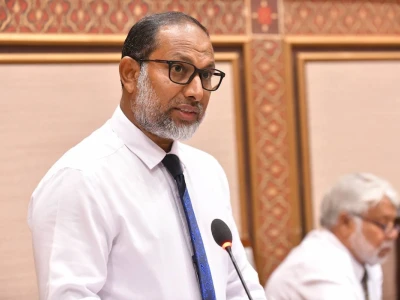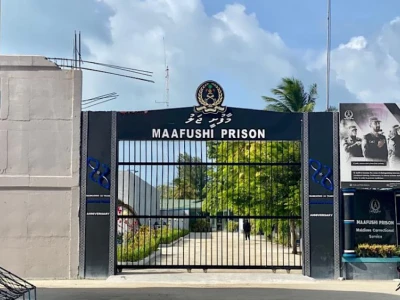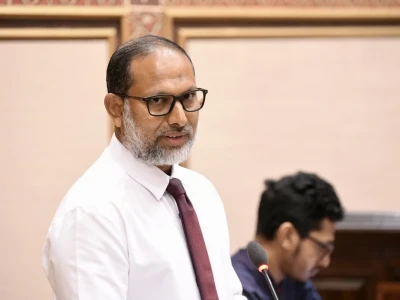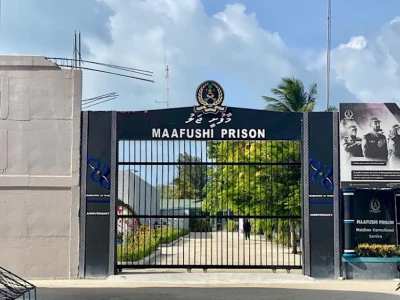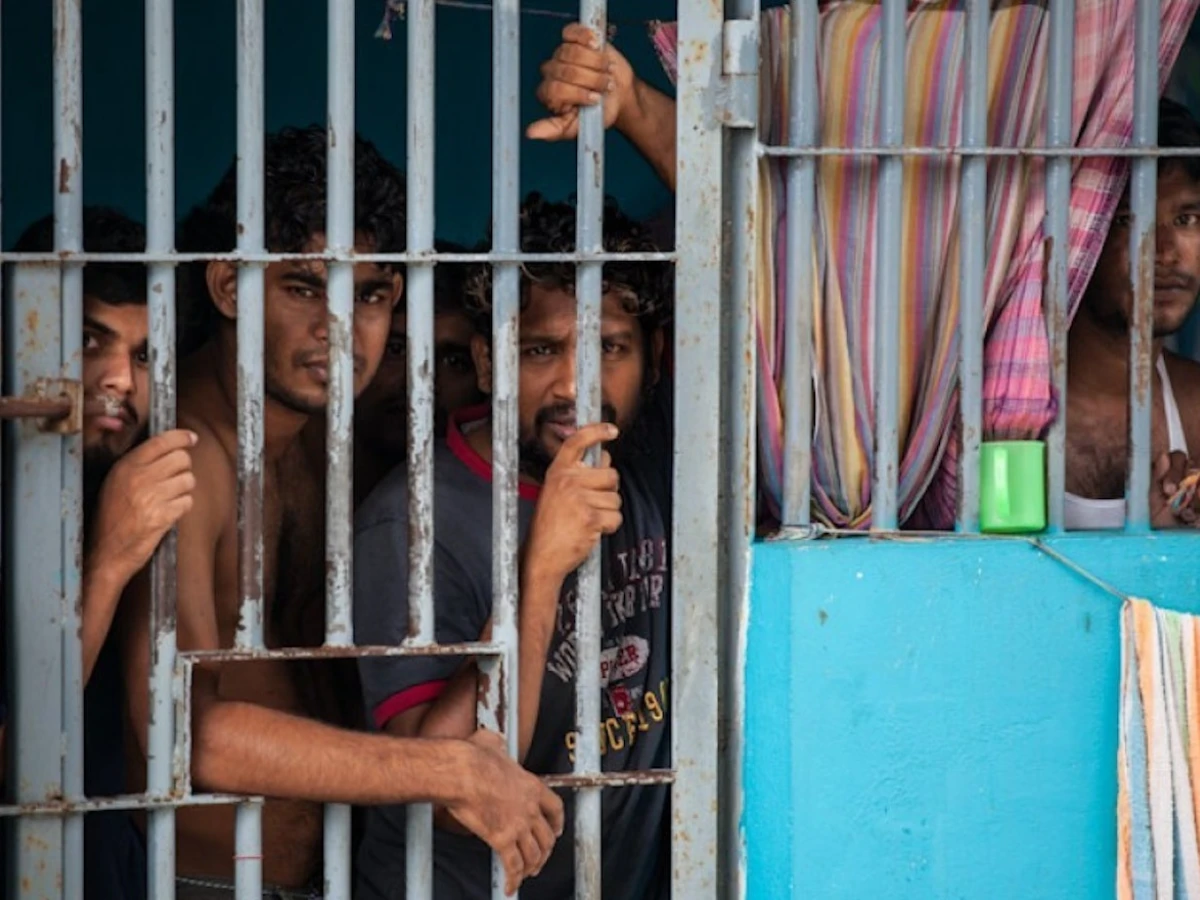
Militant Jihadist faction growing within Maafushi Prison
According to Transparency Maldives, the growing militant JIhadist population in Maafushi Prison are well connected, well managed and well executed, all behind bars.
Top Stories
By
Azuhaar Abdul Azeez
1 September
Transparency Maldives has published a report after investigating the spread and grip of extremism in Maafushi Prison, the main prison facility of the Maldives. Eloquently composed and an interesting read, this report is called Prison Radicalization in the Maldives.
“The prison extremist cells are also well funded and many being former gang leaders, work closely with gangs, organizing murders to silence their opponents as well as violent robberies to fund their activities. One of the non-radicalized prisoners claims that the extremists have also paid off politicians to turn a blind eye to their activities.”
According to Transparency Maldives, the growing militant JIhadist population in Maafushi Prison are well connected, well managed and well executed, all behind bars.
Since 2021, Home Ministry and the US Mission to Maldives have been working with Transparency Maldives to identify the factors contributing to the jihadist movement within prison and to unravel the tigh-knit network of these extremists, who bend and break religious pillars to brainwash the disconnected prisoners.
Here are some observations made by Transparency Maldives in their report:
-
There are ‘emir’s in every prison Unit, a sort of jihadist teacher/leader, spreading their warped teachings of Islam to knowledge hungry youth in isolation at the prison. Preying on the prisoners’ sense of injustice, they recruit future soldiers to fight in extremist armies of Syria, ISIS and Jabhat al Nusra/HTS.
-
Due to poor rehabilitation in the prison, prisoners are easily swayed by the charismatic emirs who are connected to extremists both in the country and beyond.
-
They even have their own law system established, under the name of a ‘shura’ council (a sort of panel of Islamic judges), which metes out punishments to fellow prisoners that violate their laws.
-
As is common with jihadists around the world, the extremists at Maafushi Prison also claim that they are the only ones in the right, and that the existent Maldivian government is 'taghut' and not a legitimate Islamic government. As a result, they call themselves hostages in a holy war, and not criminals of any sort.
-
Their overall goal is to establish what they see as a true Islamic State in the Maldives which is governed by ‘Shariah’ they approve. As a result they conduct their prayers like Muslims did during wars, and they call themselves Jihadists fighting against an oppressor ‘Kufur’ government.
-
The milotant Jihadists in Maafushi prison are well connected with 36 radicals inside Maldives and has an established phone communication with foreign extremists as well.
-
This extreme faction in the prison is well funded, and they even provide financial support to the families of some Jihadist prisoners inside.
-
They even bribe prison guards for phone access and other privileges.
-
The Maafushi prison is 9.6% over populated in prisoner capacity, and this enlists 7-8 prisoners per guard.
Among the recommendations made based on the findings of the report, Transparency Maldives entails the following:
-
Prison infrastructure is the most important factor that needs advancement to combat the radicalization within, so that the jihadists are segregated from other prisoners.
-
The brainwashing is made easier due to the isolation within prisons, so rehabilitation and proper education; both islamic and psychological, is a most important first step.
-
Adequate medical care for prisoners with psychiatric issues is just as important since the only counselling within the prison is offered via the jihadist cells, promised atonement in return for militant volunteering.
-
Reducing the benefits that the extremists can offer and increasing those that are offered by the prison, and by rehabilitation centres.
Among the challenges Maldives Correctional Services faced in combating the growing radicalism within the prison, Transparency Maldives outlined lack of budget, trained staff, dysfunctional families and lack of societal involvement.
“It is evident that radicalization to violent extremism is a sizable yet manageable problem in the Maldives generally and in Maldivian prisons specifically. This challenge can be linked, as in so many other countries, to economic, political, and social contextual factors. These factors can be addressed through a whole-of society approach which could include increased employment opportunities, improved access to
higher secondary level education, more comprehensive Islamic education which inoculates students and adults against violent extremist ideologies, and in-depth drug awareness and prevention programs which highlight the neurobiological process of addiction”, the report concludes with recommendations in re-integrating prisoners back to society.
At the report’s publishing event, Home Minister Imran Abdullah said that the report has shed light into some serious social issues, and that it was imperative to begin work in improving prison conditions, as well as proper guidance to prisoners who can be reintegrated back into society.
